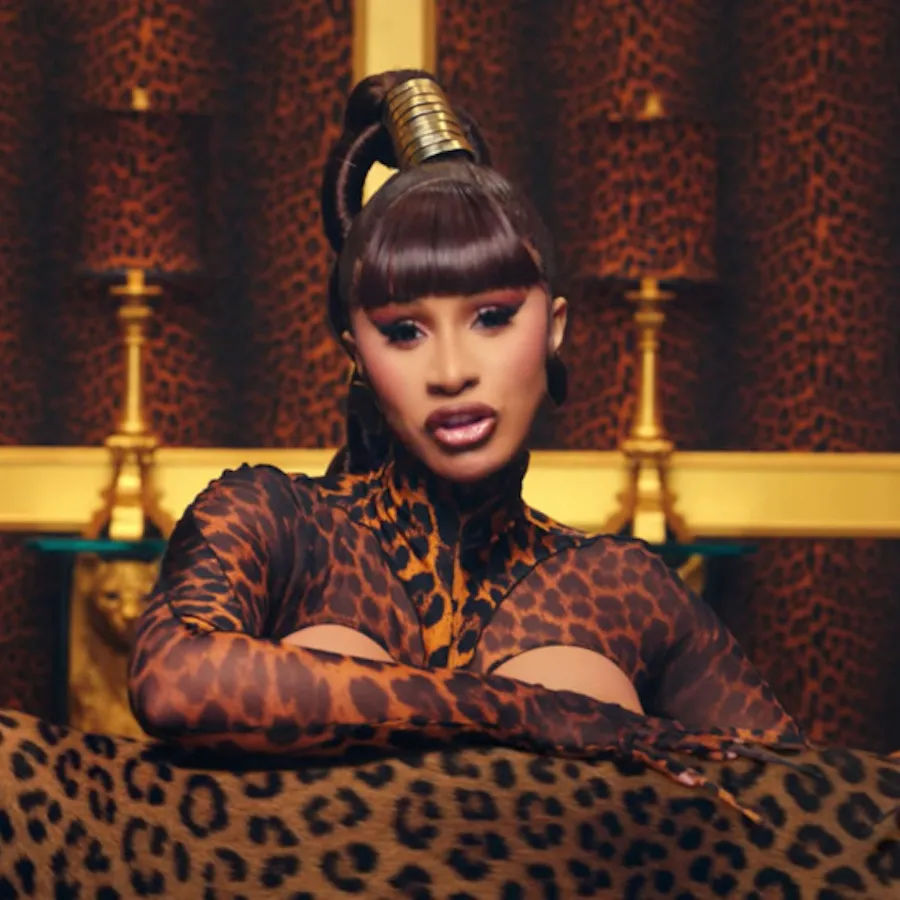
Advertisements
For as long as recorded music has been on the radio, there have been banned songs. Sometimes, the reasoning for these bans is understandable, as the track features obscene (for the time) language to themes. However, other times, the reason behind the ban can come off nonsensical, or worse yet politically motivated.
This list features every kind of reasoning for a banned song one can imagine: war, death, global tragedy, and… stuttering. No, we’re not kidding. A famous song was once banned from the radio because it was feared that it would offend those who stuttered.
Despite these sometimes bizarre bannings, each of these tracks transcended simply being banned songs to become iconic hits.
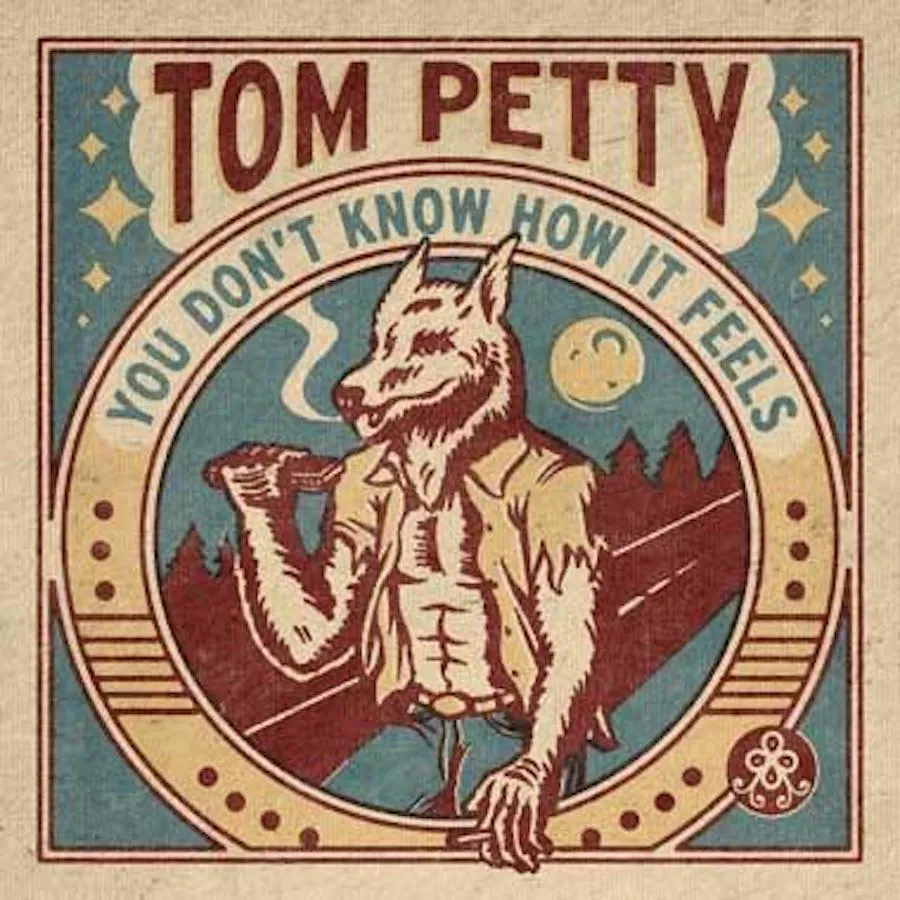
“You Don’t Know How it Feels” was one of the biggest hits of Tom Petty’s career… and one of the most controversial. The original version of the track was initially banned by many radio stations due to drug-related lyrics. A quickly edited version was released skipping over the offending line.
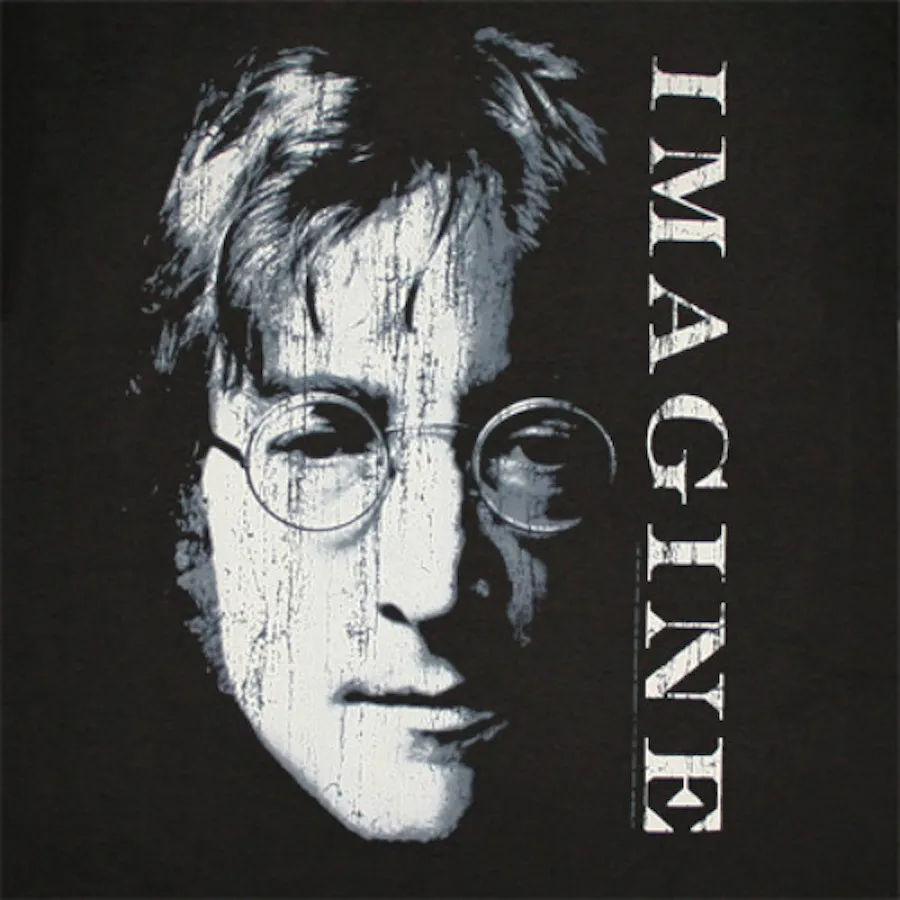
While many see John Lennon’s “Imagine” as an ode to world peace, some more politically conservative stations have banned the song due to its supposed espousing of communist ideology, specifically lines about “no religion” and “no possessions”. In addition, the song was dropped from Clear Channel playlists after the 9/11 attacks.
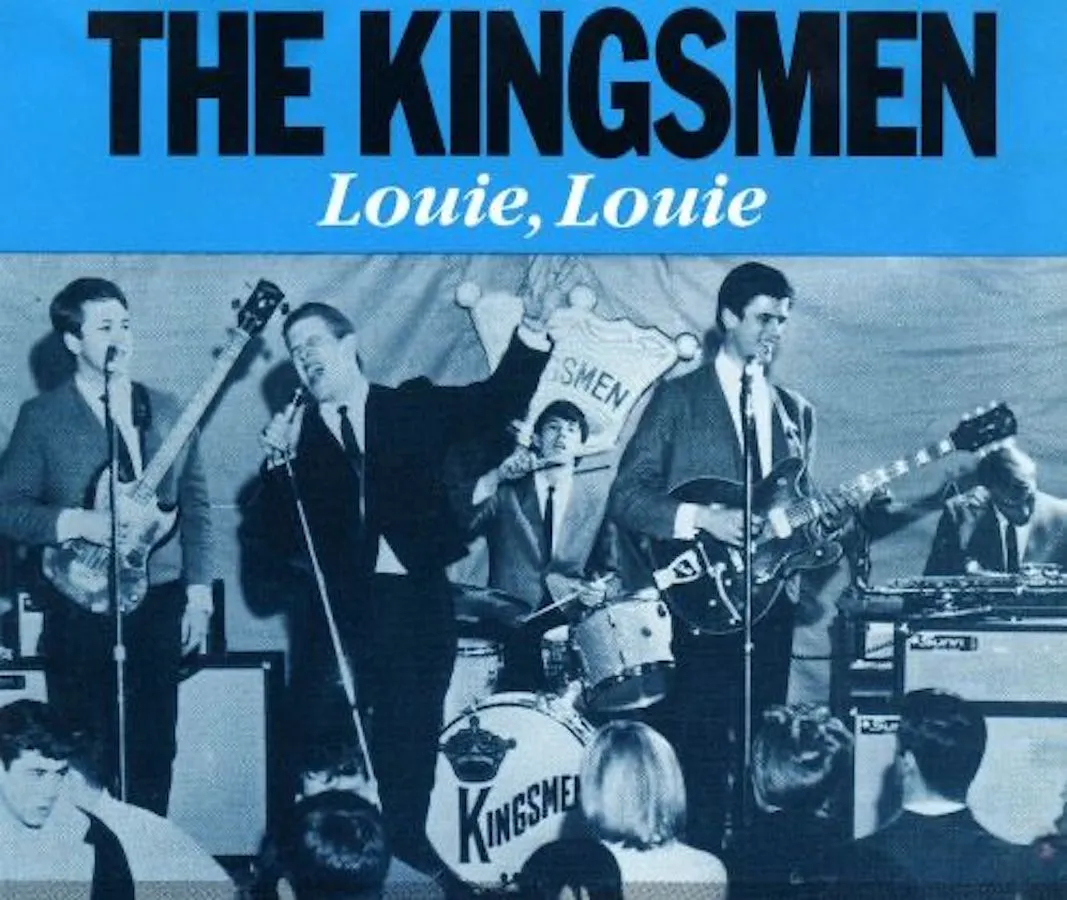
The Kingsman’s “Louie, Louie” is one of the most controversial songs of all time… for no actual reason. Throughout the 1960s, the song was banned and even investigated by the FBI because authorities believed that the song’s incomprehensible lyrics contained uncouth lyrics. The song still stirs controversy in the 21st century. In 2005, a high school superintendent banned marching band from performing the song over its lyrics… despite the fact that the band was planning to play it instrumentally.
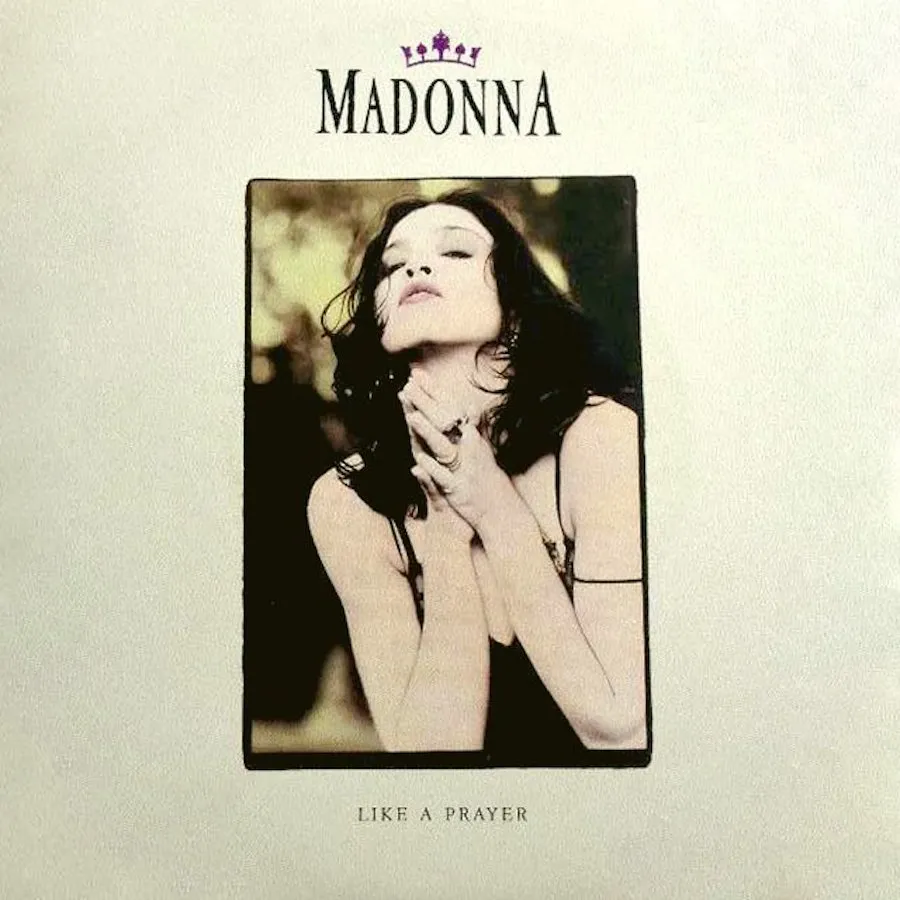
Madge’s 1989 smash single faced boycotts from religious groups, including the Vatican, due to the allegedly blasphemous content in the song’s lyrics and music video. While the song was still a chart hit, the pressure led to Pepsi canceling an endorsement deal using the song.
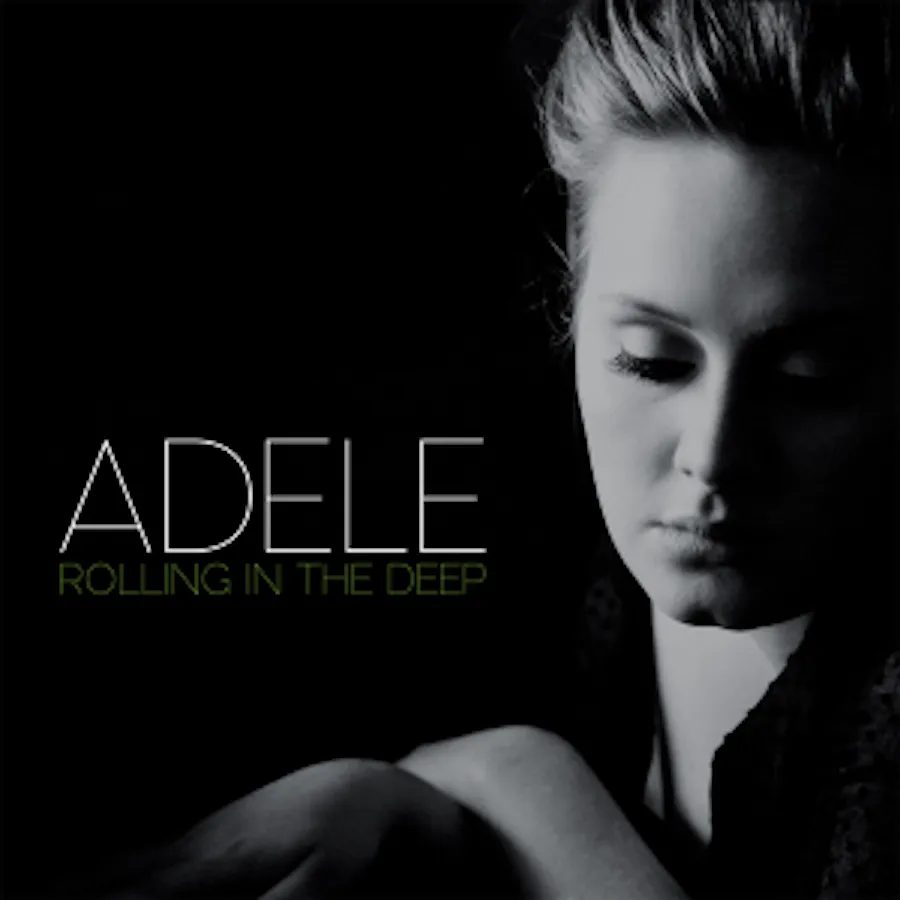
While Adele is certainly not known for courting controversy, she did face issues with one of her biggest hits. The officially released lyrics for “Rolling” in the Deep” contain the usage of the word “ship.” However, many listeners believed Adele was belting out an expletive that sounded awfully similar to “ship” leading to numerous complaints. Adding fuel to the fire, Adele replaces the word with “stuff” on televised performances. It was eventually revealed that Adele’s handwritten lyrics did indeed feature the offending curse word.
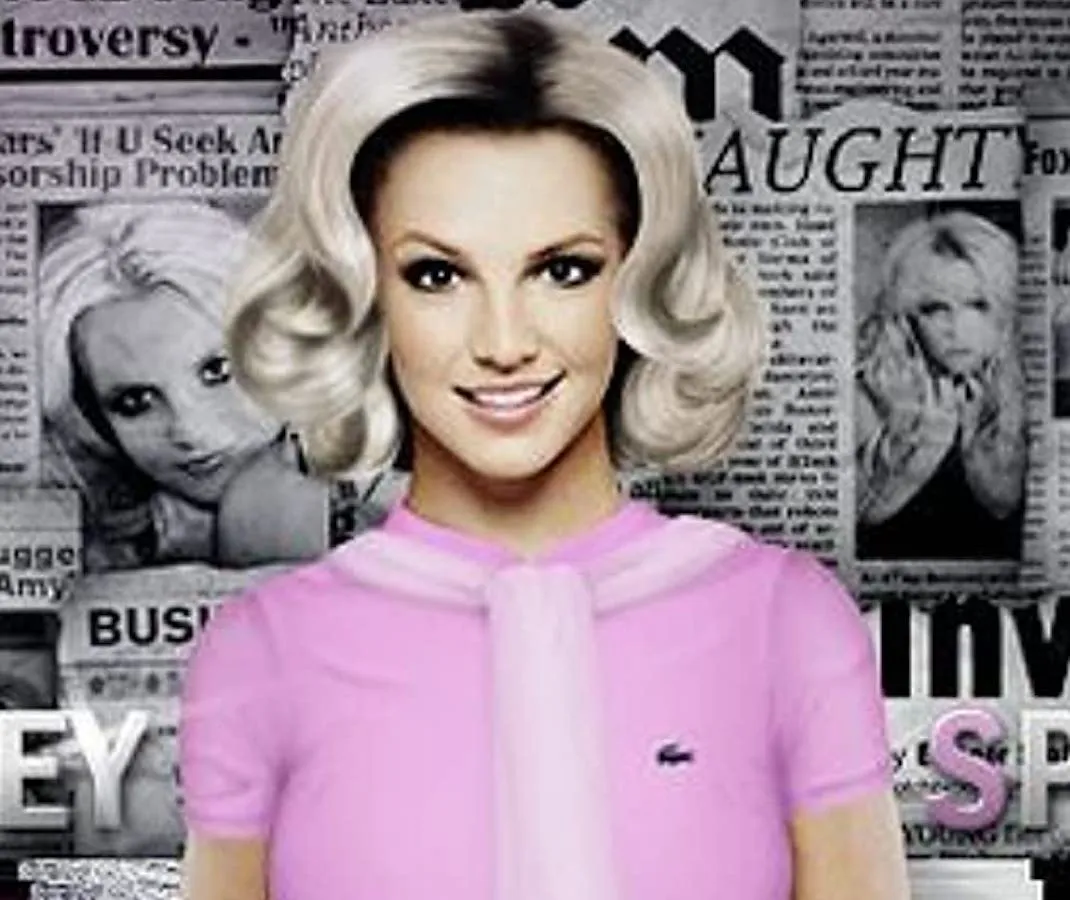
Always one to court controversy, Britney Spears had cultural pundits and radio stations alike up in arms over her 2009 single “If You Seek Amy”.
Why?
Well, say the title five times fast. Due to the titular entendre, the song’s original title was banned by U.S. radio stations, who referred to the song as “If You See Amy”.
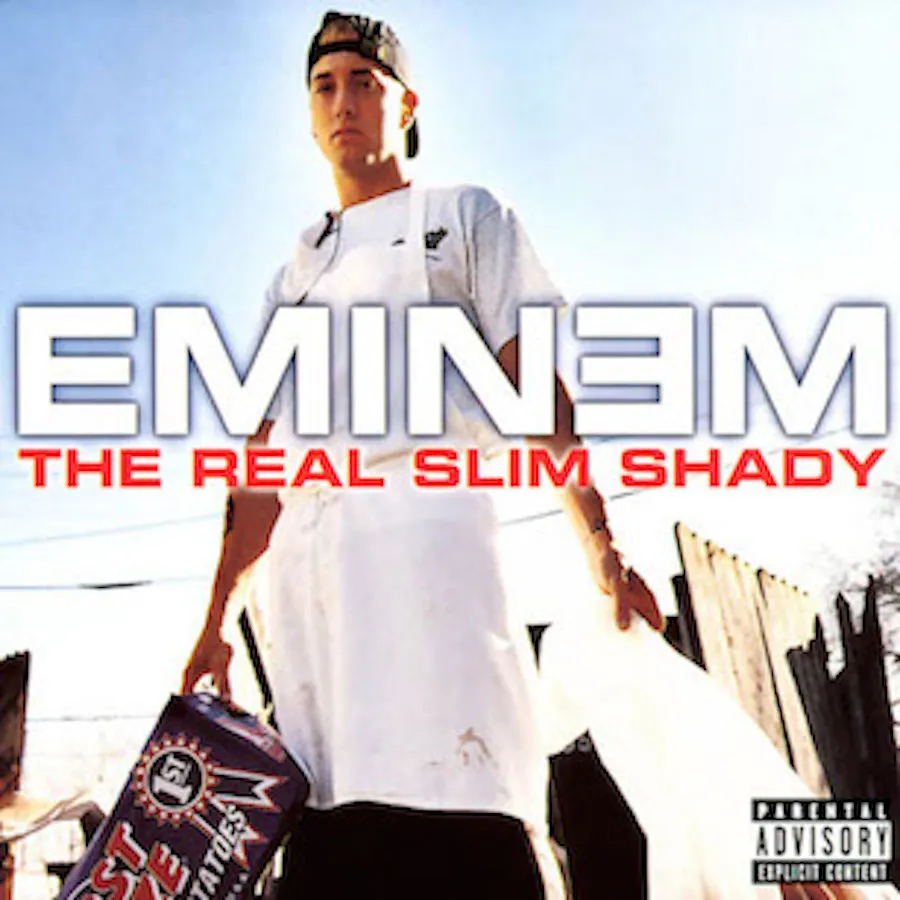
Eminem was controversial in the early 2000s that a Colorado radio station was fined by the FCC for playing the CLEAN version of “The Real Slim Shady.” Despite having all of the questionable language removed, the FCC had put guidelines in place which stated that “context and innuendo alone could get a station in trouble for violating its decency standards.”
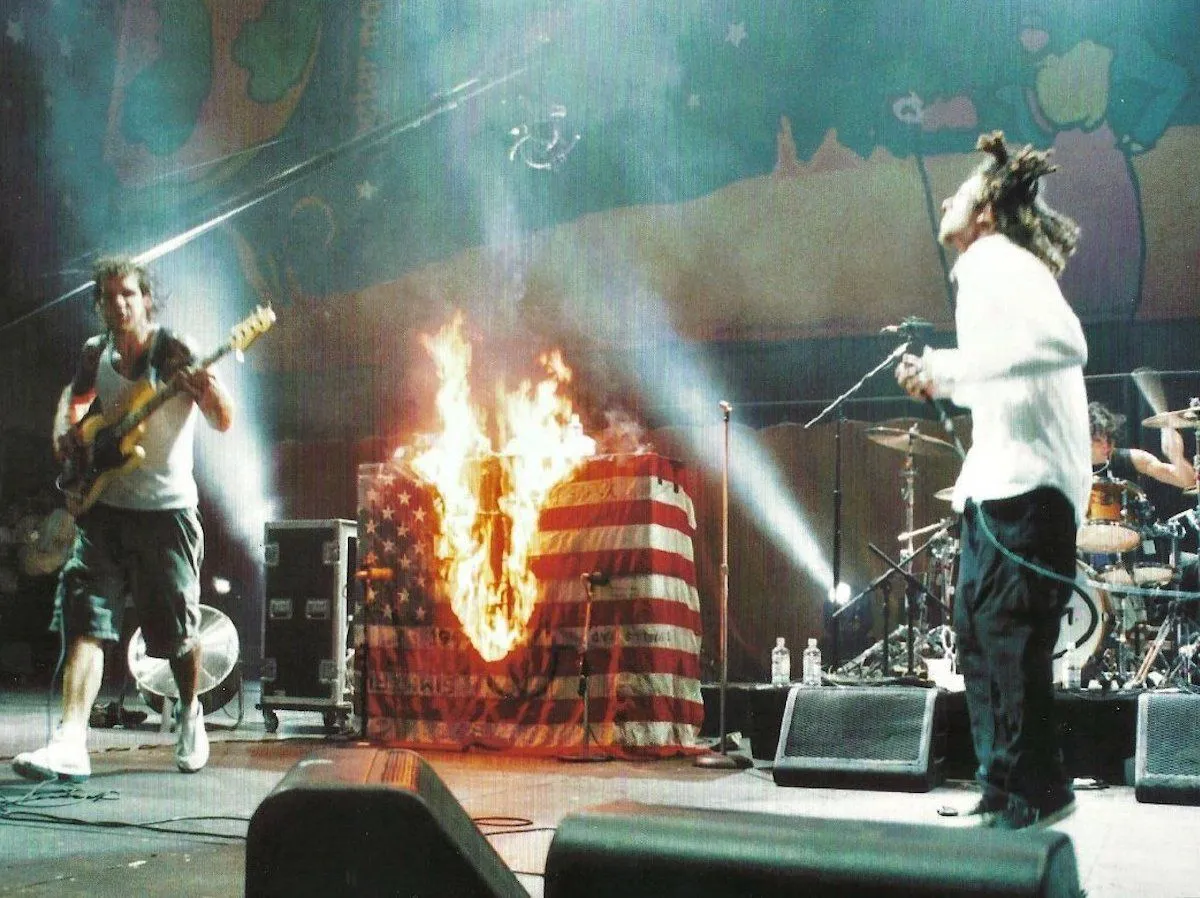
20 years after the always politically charged Rage Against the Machine released their song “Take the Power Back”, the track got an Arizona teacher in hot water. The educator was hit with a “notice of noncompliance” from his school district’s superintendent after playing the song in a Mexican-American History class. According to the notice, the song was against an Arizona law that says schools cannot “advocate ethnic solidarity instead of the treatment of pupils as individuals.”
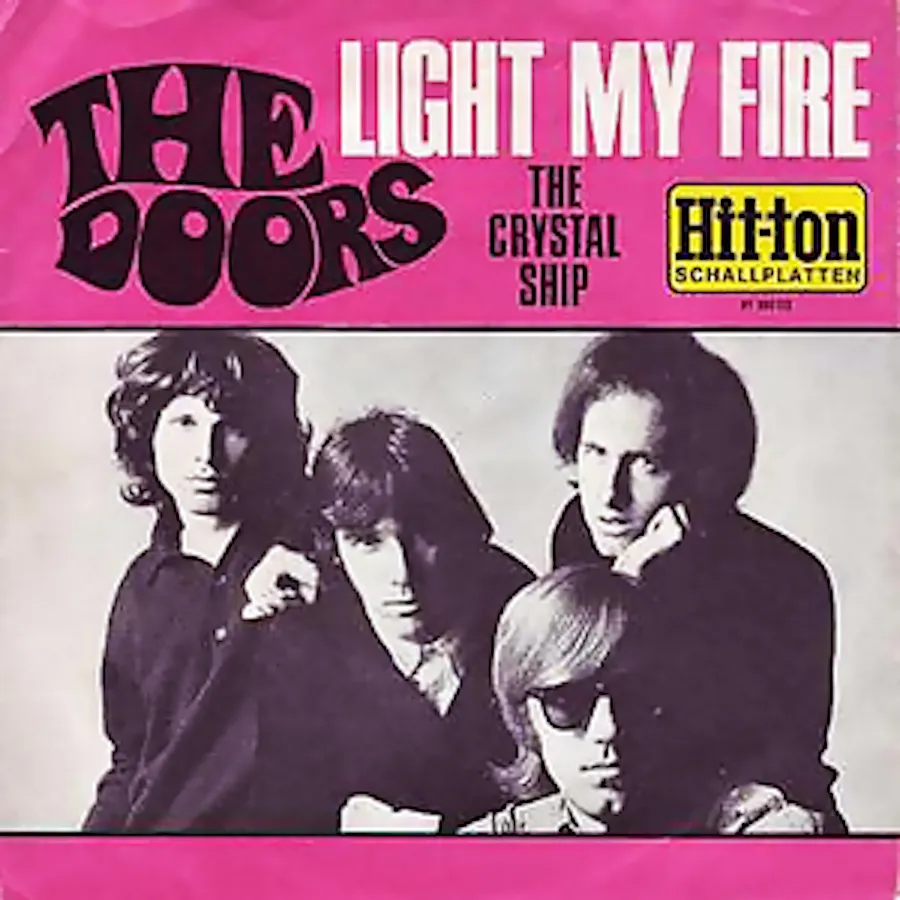
The Doors iconic track was part of one of the most iconic censorship moments in rock history. When the band performed on The Ed Sullivan Show, producers asked them to omit or change the lyric “Girl, we couldn’t get much higher.” Singer Jim Morrison, either in an act of nervousness or rebelliousness (depending on which story you believe), sang the line as written, leading to the band being banned from appearing on the series.
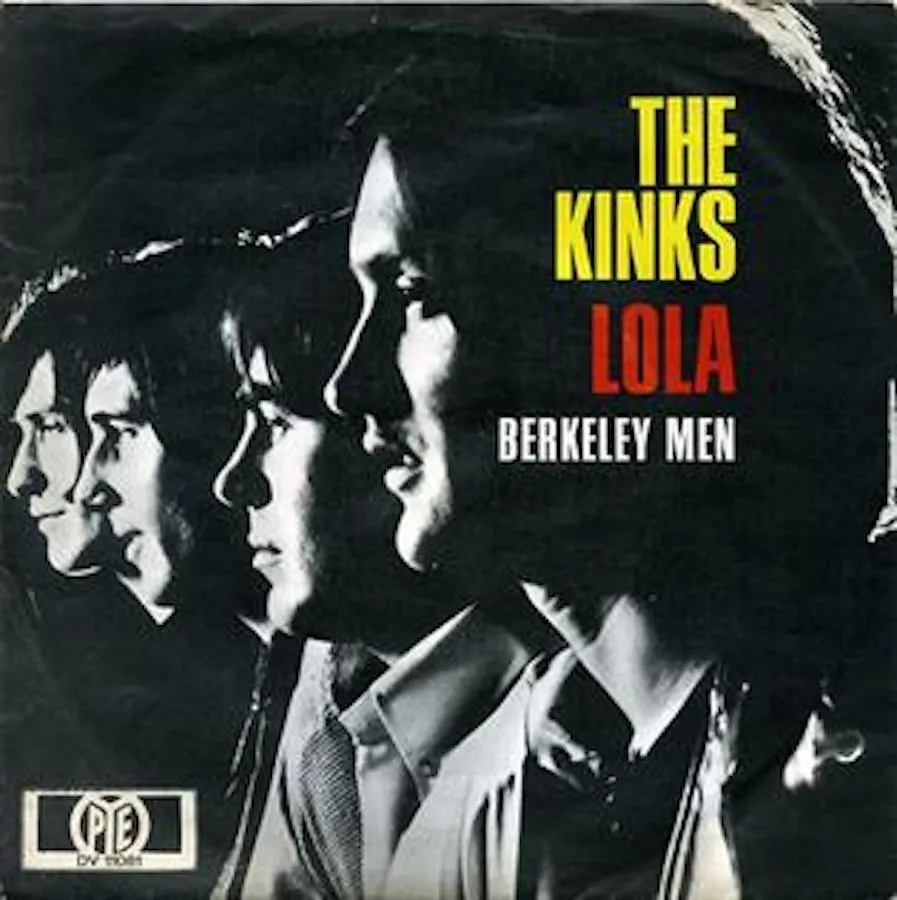
While you may be thinking “Lola” was banned due to its narrative about a romantic encounter with a cross-dresser, the actual reason the BBC banned The Kinks’ track is much stranger. The station felt that the lyrics “Where they drink champagne and it tastes just like Coca-Cola” could count as free advertising which was strictly against the BBC’s rules as a non-commercial station. This forced the band to re-record the song with the lyrics changed to “cherry cola.”
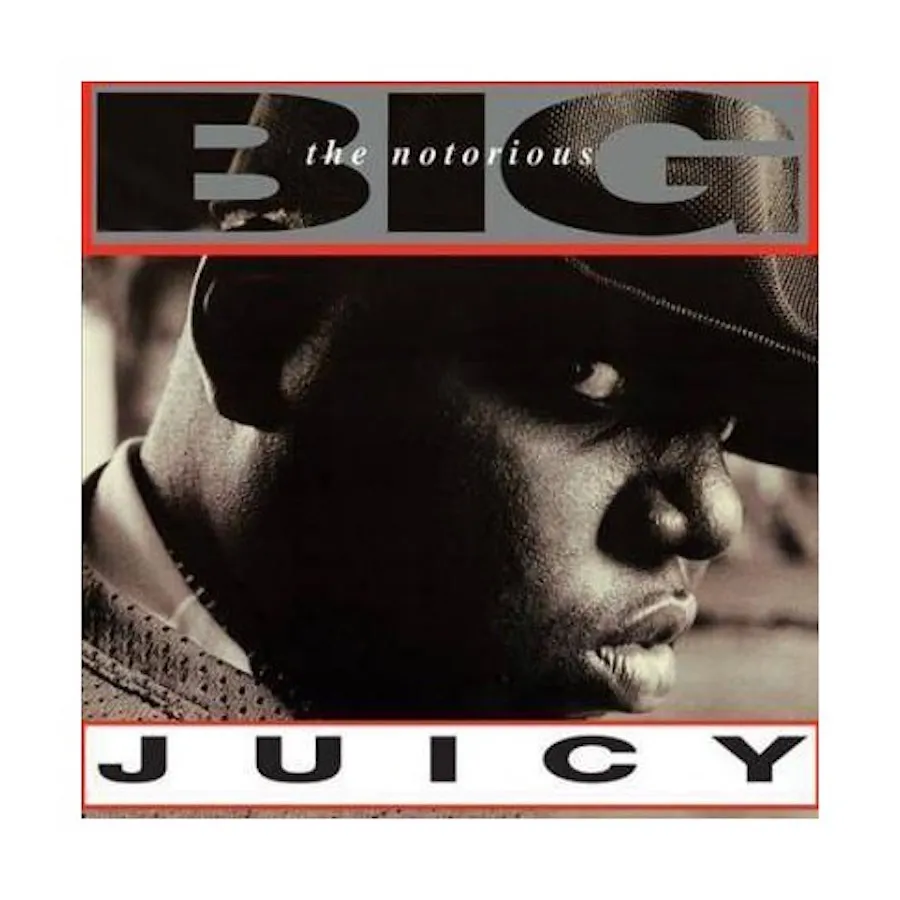
When Notorious B.I.G.’s single Juicy dropped in 1997, the line “Time to get paid, blow up like the World Trade” – which compared the rappers quick rise to fame to the 1993 World Trade Center bombing – was a tongue-in-cheek, if in slightly bad taste, New York reference. However, after 9/11, the line led to the song being pulled off the radio.

Olivia Newton John’s “Physical” faced criticism for both its lyrics (many radio stations refused to play the song due to certain raunchy lyrics) and its video (which showed a same-sex couple holding hands). Of course, neither stopped the song from being an era-defining hit.
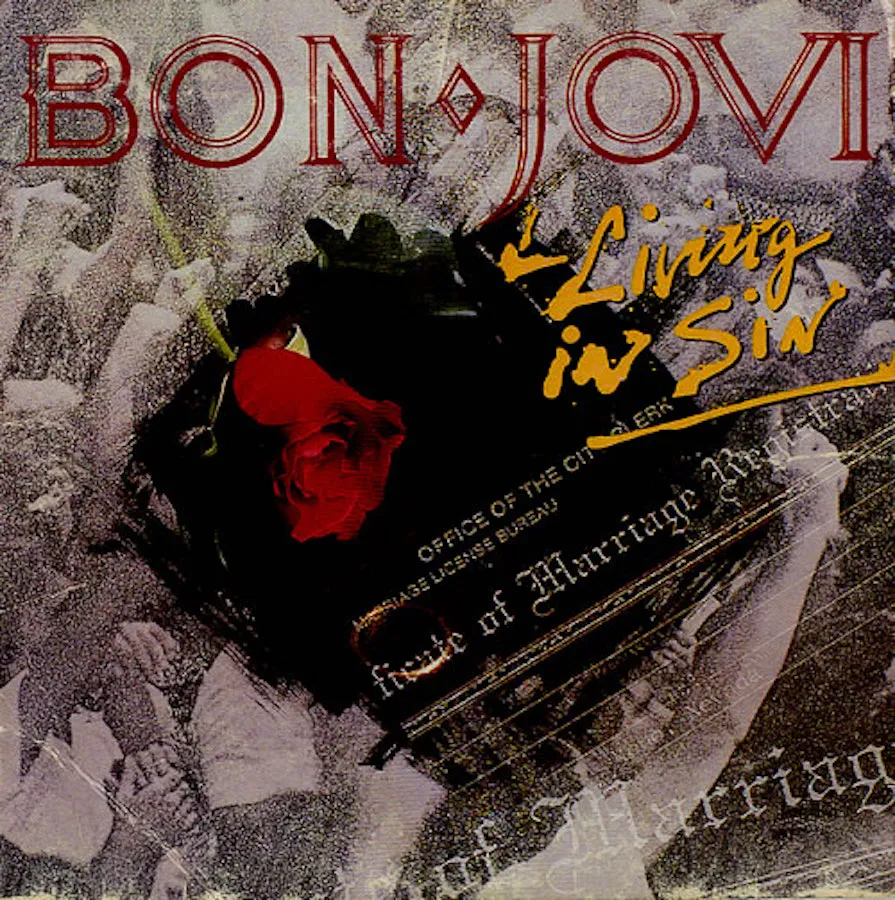
“Living In Sin” was the record-breaking fifth Top Ten single from Bon Jovi’s 1988 album New Jersey, however, it also brought the Jersey band some trouble. The song and its video clip were banned from MTV due to the religious allusions of a young girl “living in sin” with her boyfriend against her parents’ wishes.
Advertisements
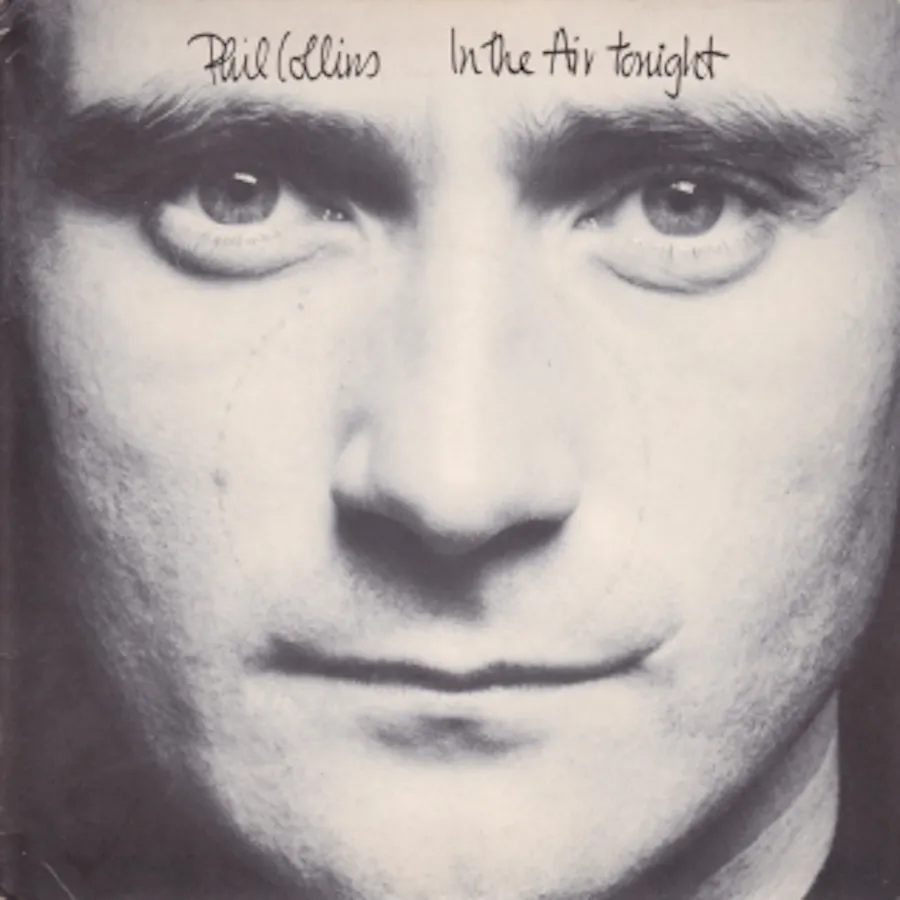
Phil Collins’s “In the Air Tonight” may seem like an odd song to ban, there are no blatantly objectionable lyrics themes, however, the song has been pulled from radio not once, but twice. Each time (in 1991 during the Gulf War, and 2001 just after 9/11) this was dir to perceived lyrical references to the Middle East.

Cardi B’s WAP proved to be one of the most controversial released songs in decades. The track’s celebration of female sexuality in somewhat graphic terms angered pundits and radio stations who considered it an affront to American morality.
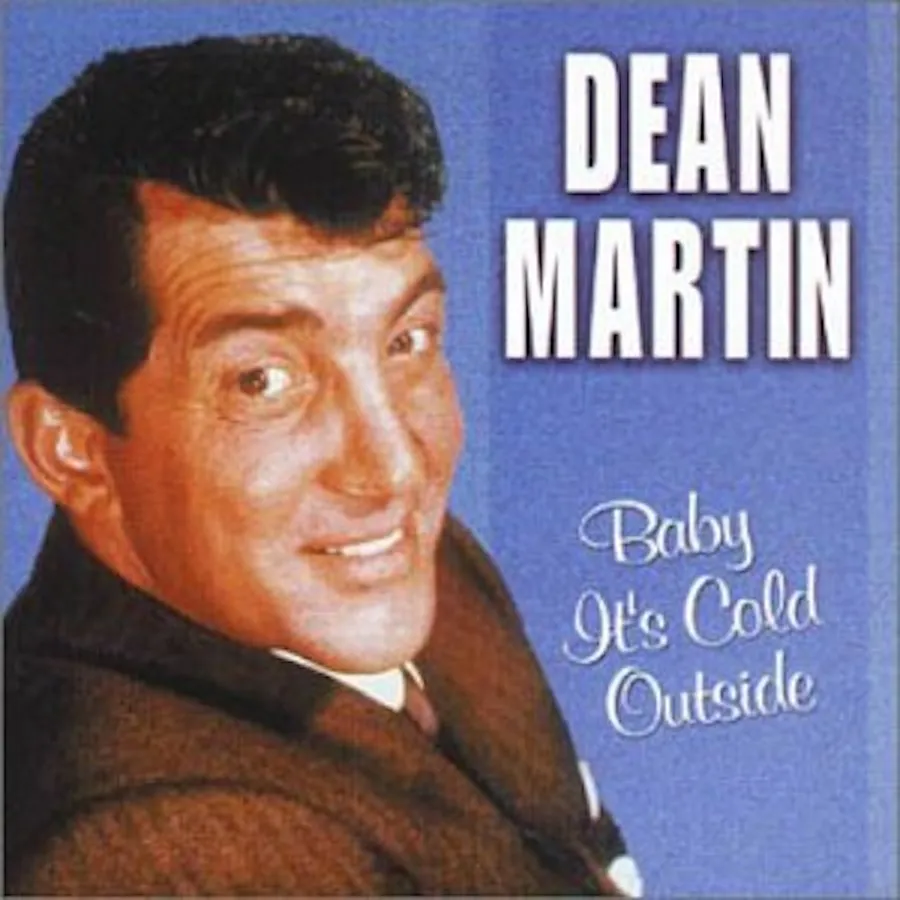
Songwriter Frank Loesser’s Baby It’s Cold Outside earned him an Academy Award in 1949, and went on to become an often-covered classic of the Holiday Season. However, in recent years the song has come under fire for its lyrics, which are seen by many as a description and endorsement of a non-consensual sexual encounter. The song has been banned by many radio stations in the United States and Canada, despite protests.
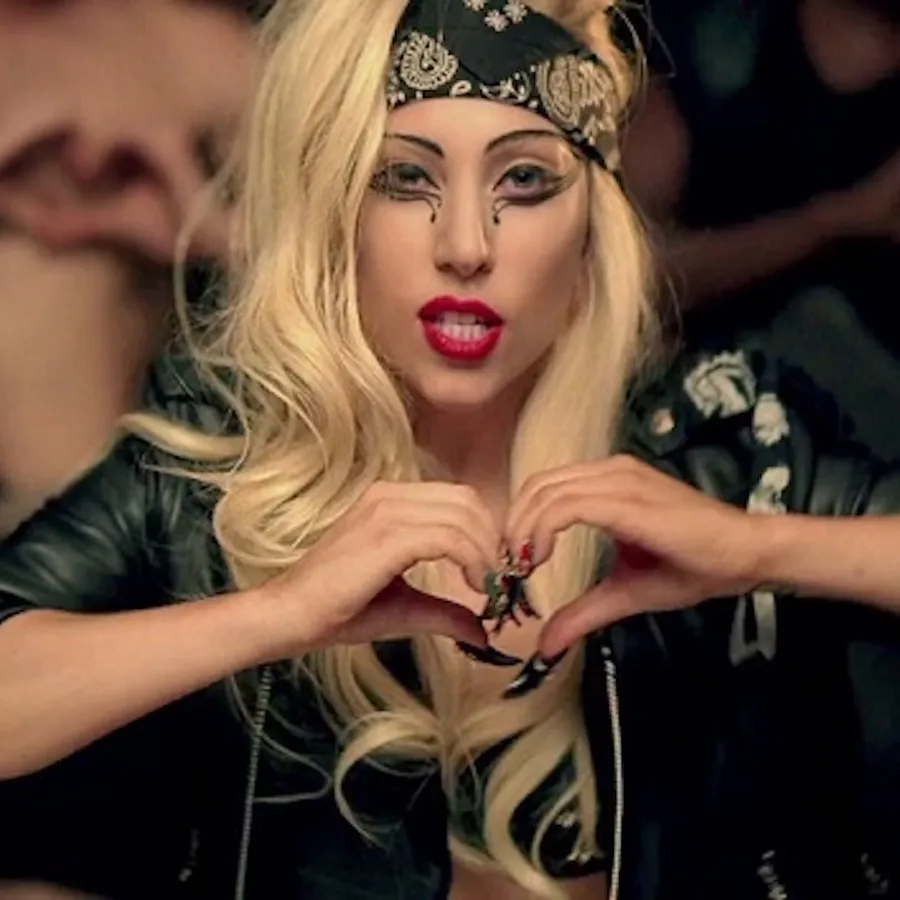
While Lady Gaga is known for being controversial, she hasn’t dealt with many outright bans in her career. However, Mother Monster’s 2011 single “Judas” was banned in Lebanon due to perceived offensiveness to Christianity.
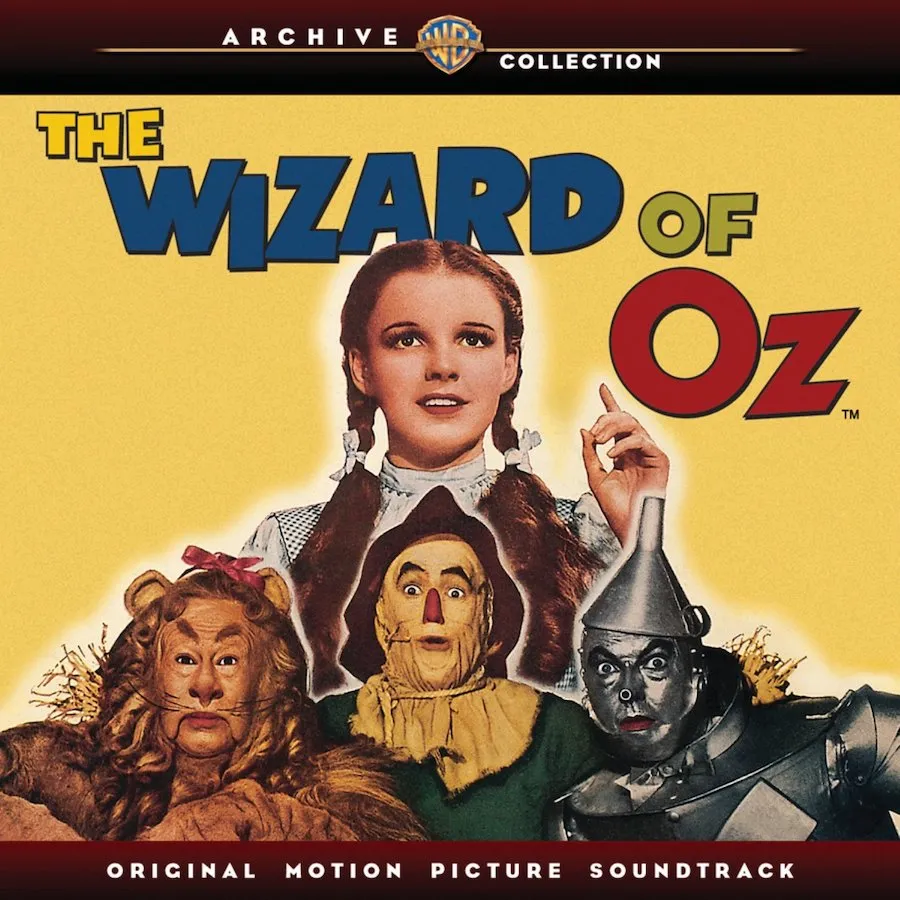
While “Ding-Dong the Witch is Dead” is from the soundtrack to The Wizard of Oz, its banning had nothing to do with the iconic film. In 2013, the song surged to the #2 position on the British music charts following the death of controversial former prime minister Margaret Thatcher. Despite this chart success, the BBC banned the song from its airwaves, claiming its success was a “celebration of death.”
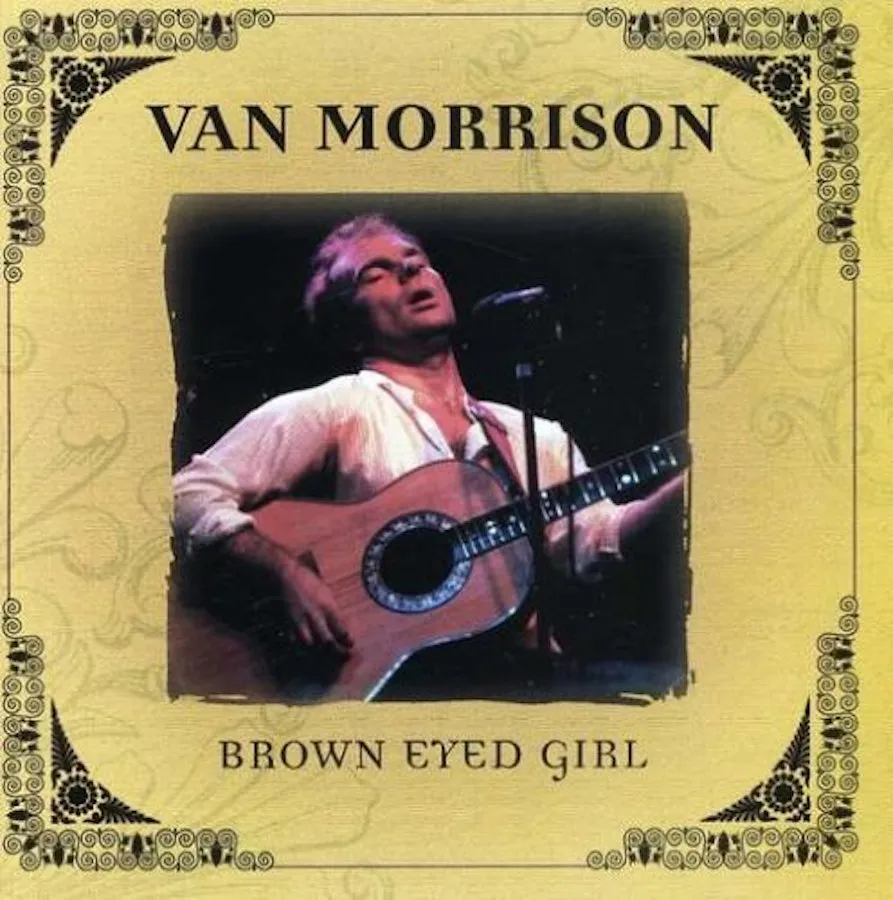
While many modern listeners would likely think of Van Morrison’s “Brown Eyed Girl” as a sweet, innocent song, it saw controversy at the time of its release due to the lyric “making love in the green grass.” Many radio stations refused to play the track, which was quickly replaced with an edited version that replaced the offending line with a repeat of the “laughin’ and a-runnin’ hey hey” line from earlier in the song.
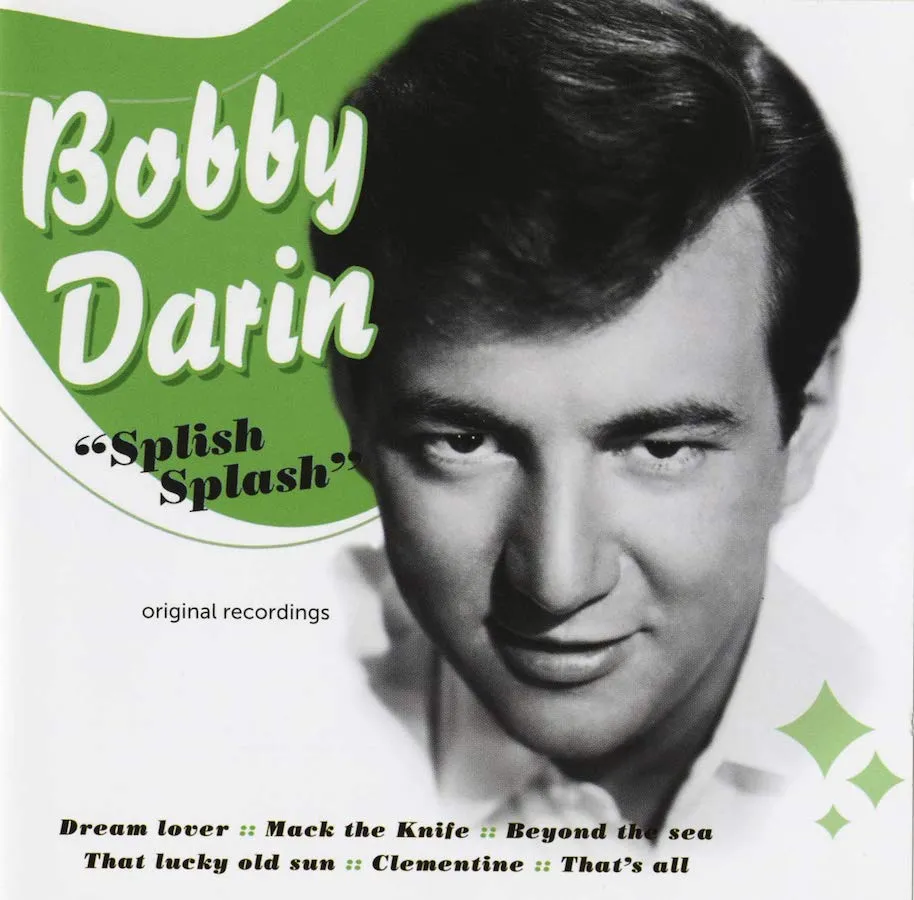
Bobby Darin’s “Splish Splash” may seem like a bit of a relic to modern listeners, but the song was quite controversial in 1958. The sings story, of a man who emerges from the bathtub and walks into a party stark naked, was quite risqué for the time.
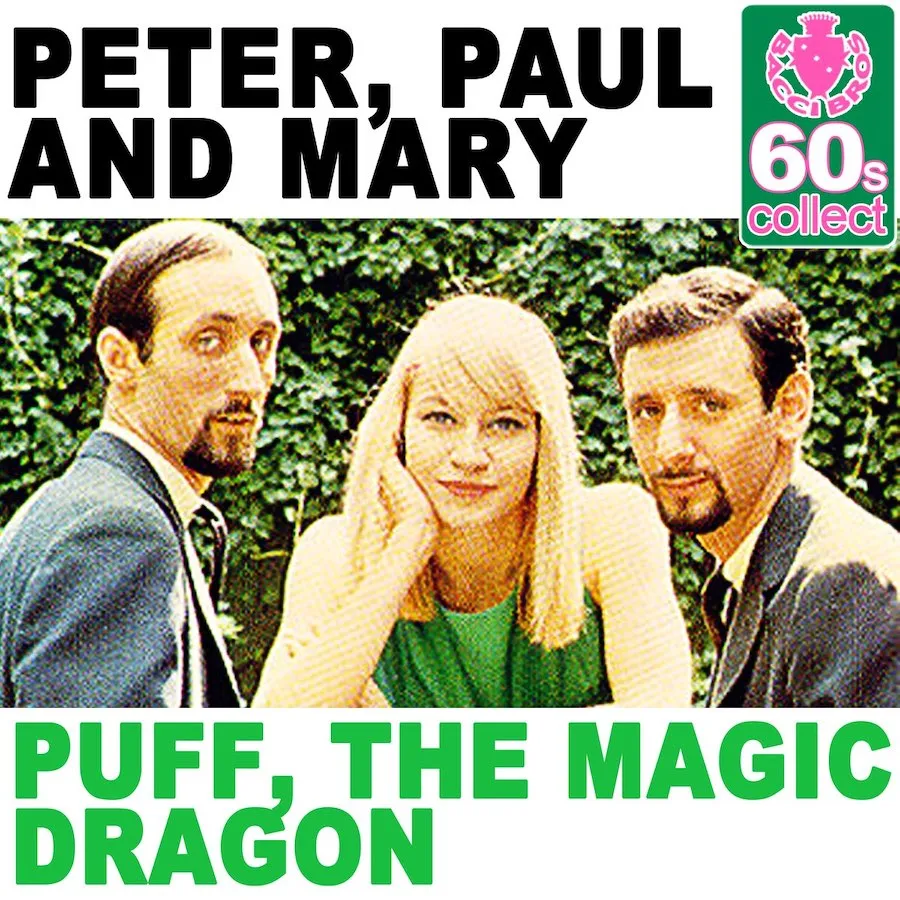
Peter, Paul, and Mary have long insisted that their hit song “Puff the Magic Dragon” wasn’t about drugs. However, that didn’t stop audiences from embracing it… or then-Vice President Spiro Agnew from attempting to have the song banned.
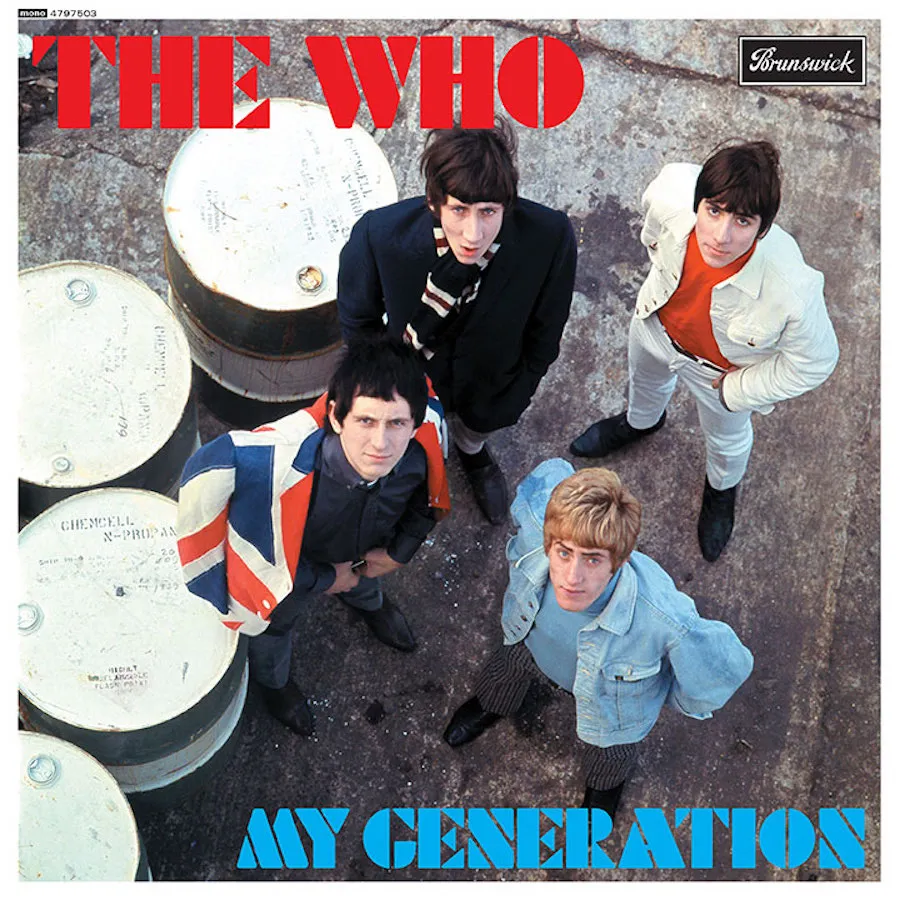
The Who’s “My Generation” was clearly controversial when it was released because of the anti-authoritarian bent of the song right?
Wrong.
Instead, the BBC initially banned the song because they felt those who stuttered would be offended at singer Roger Daltry’s vocal delivery. The ban was eventually dropped.
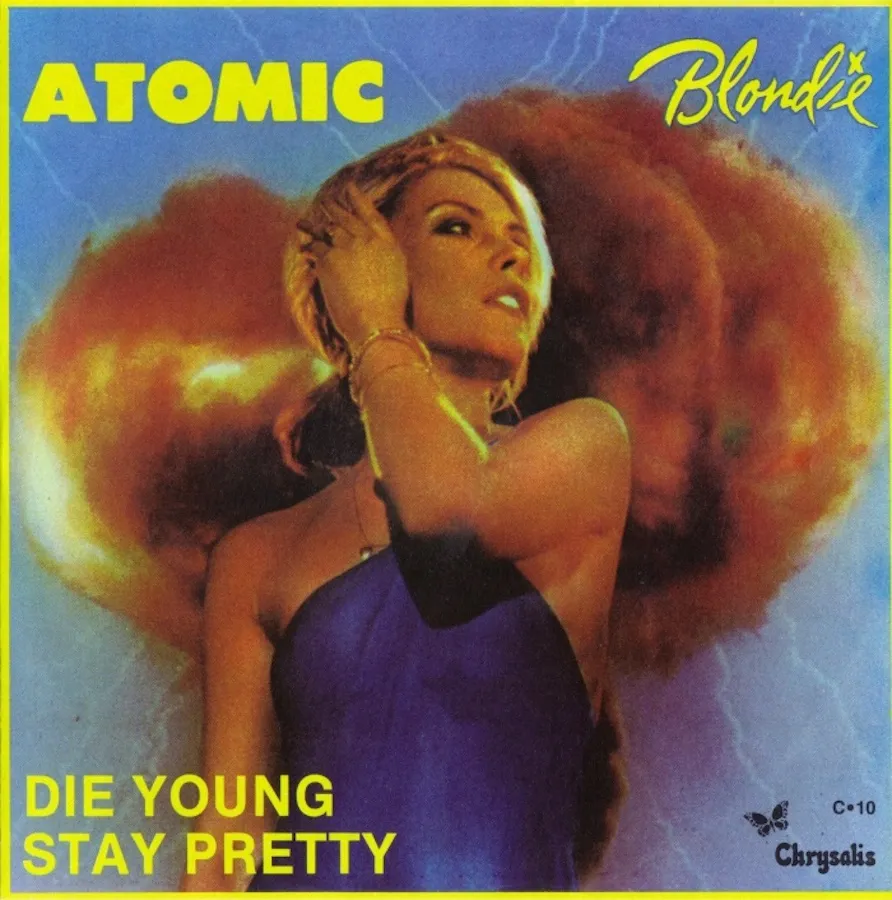
In 1991, Blondie’s then 11-year-old song atomic was banned during the Gulf War, mainly because of its title. The fact that the song was actually about arousal and had nothing to do with atomic bombs didn’t seem to matter.
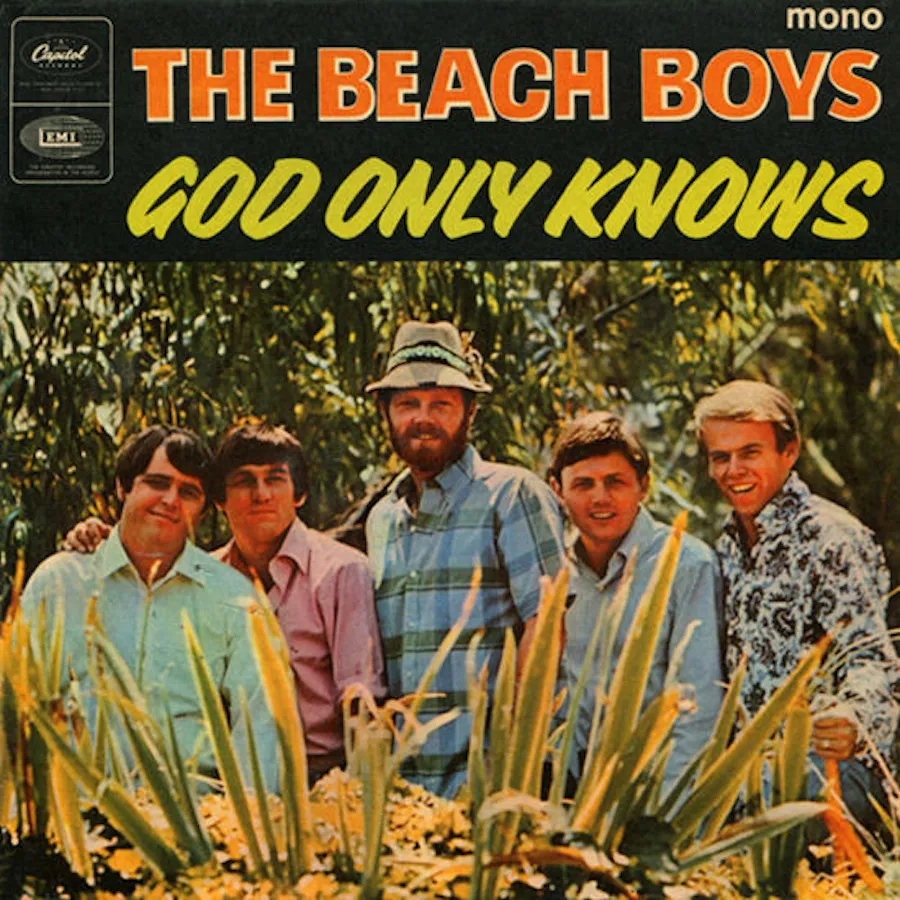
Believe it or not, The Beach Boys’ “God Only Knows” was banned by numerous radio stations across the United States in 1966, mainly due to the fact that the song actually used the word “God” in its title. Despite songwriter Brian Wilson confirming that the title isn’t a reference to any specific “higher force” or religion, the use of the word was still seen as blasphemous.
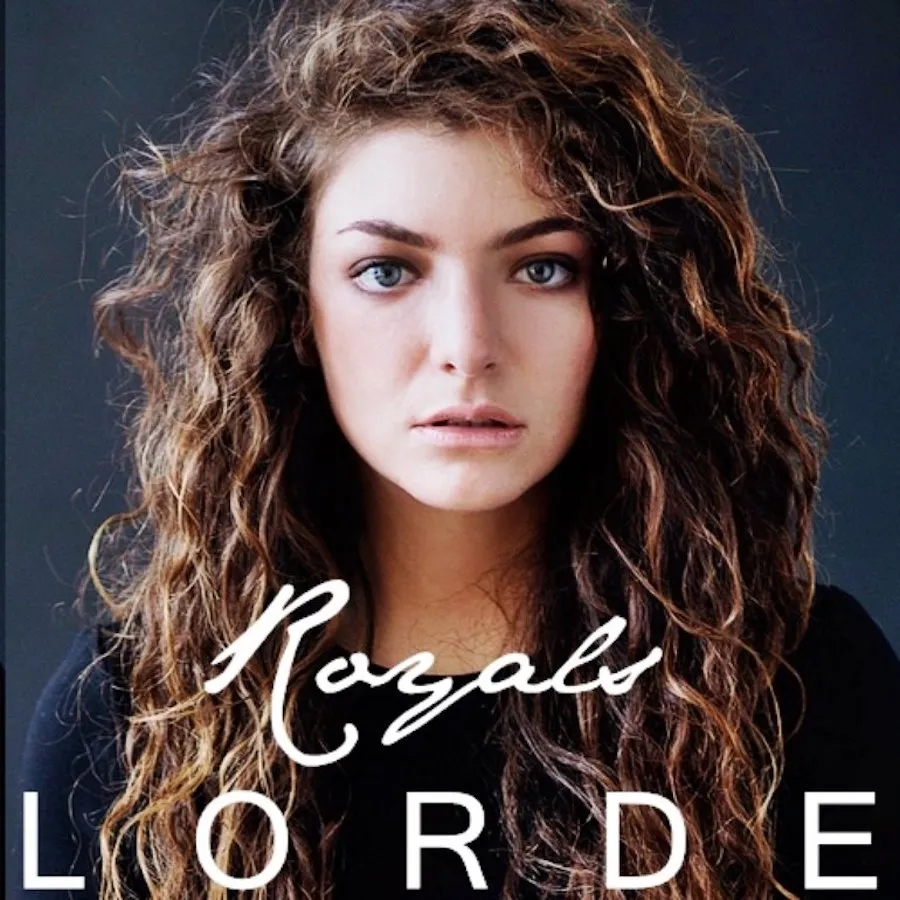
Lordes’ “Royals” was one of the biggest hits of 2014, and its time on the carts coincided with that year’s World Series between the Kansas City Royals and the San Francisco Giants. The Royals adopted the song as an anthem, which in turn led to many San Francisco radio stations banning the song for the duration of the series.
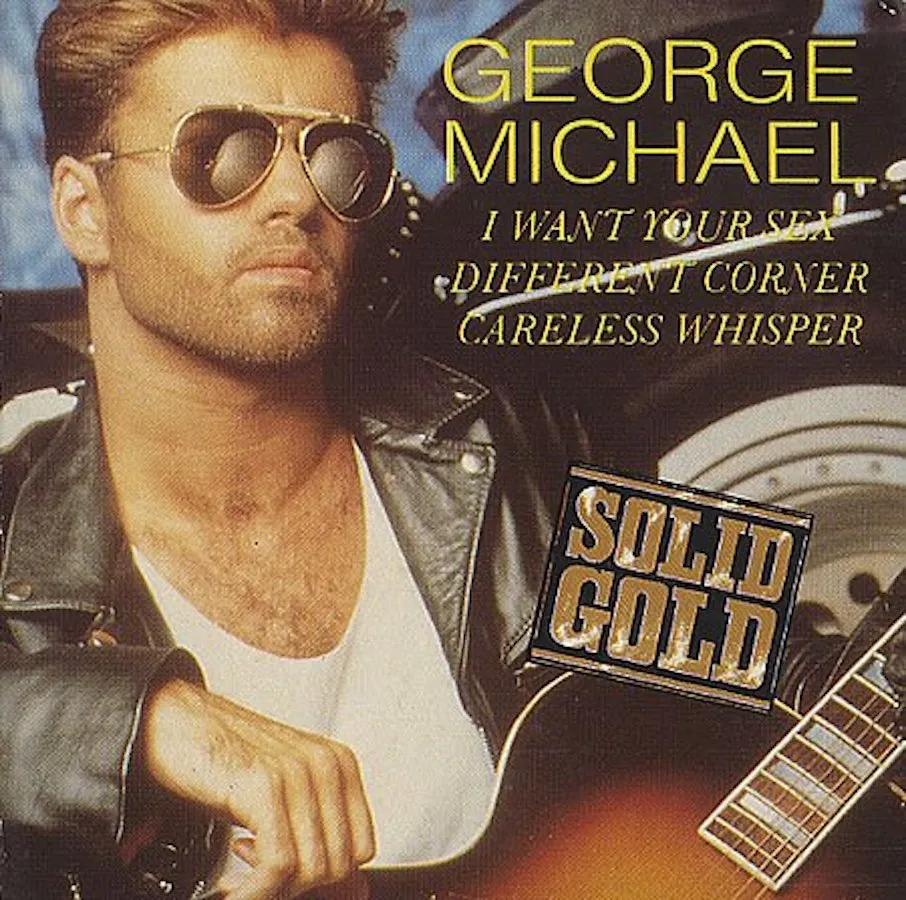
George Michael’s “I Want Your Sex” was a relatively graphic tribute to the hedonistic lifestyle the singer led during the height of his fame in the 1980s. Suffice to say, it was banned by the BBC almost immediately upon release.
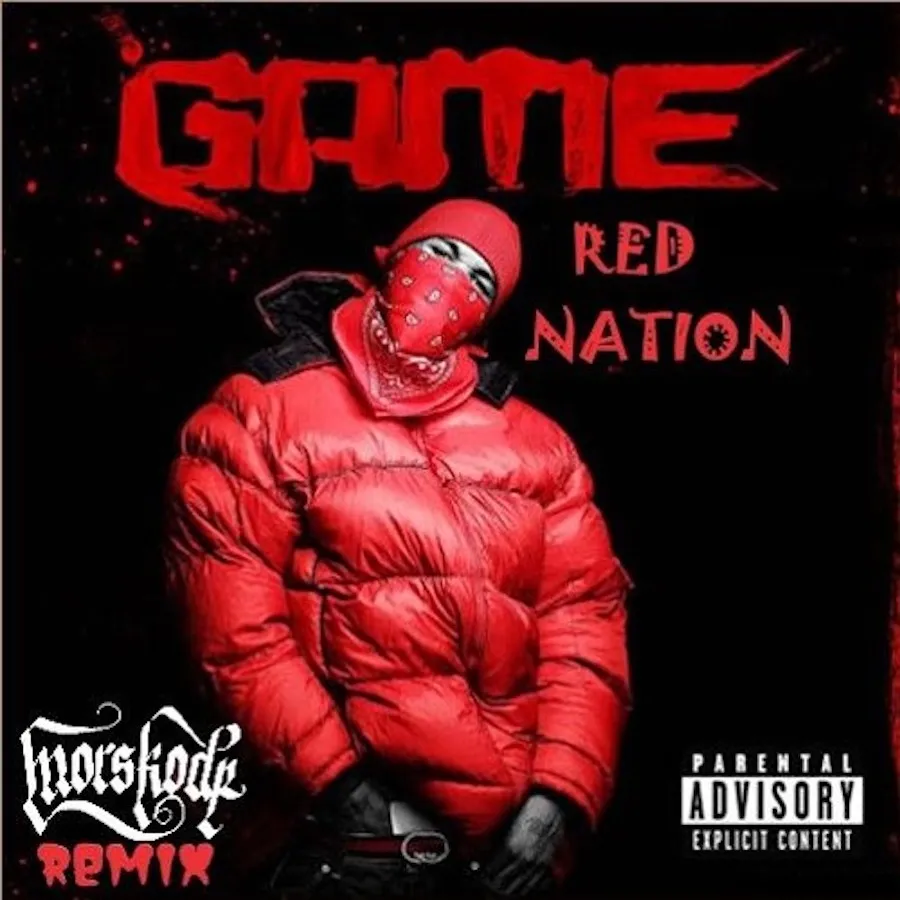
The Game’s 2012 sing “Red Nation” was banned by some radio stations as well as MTV due to its many references to gang culture and drug use. However, the song was still a massive hit, leading to The Game to quip that he wished more stations had banned the track.
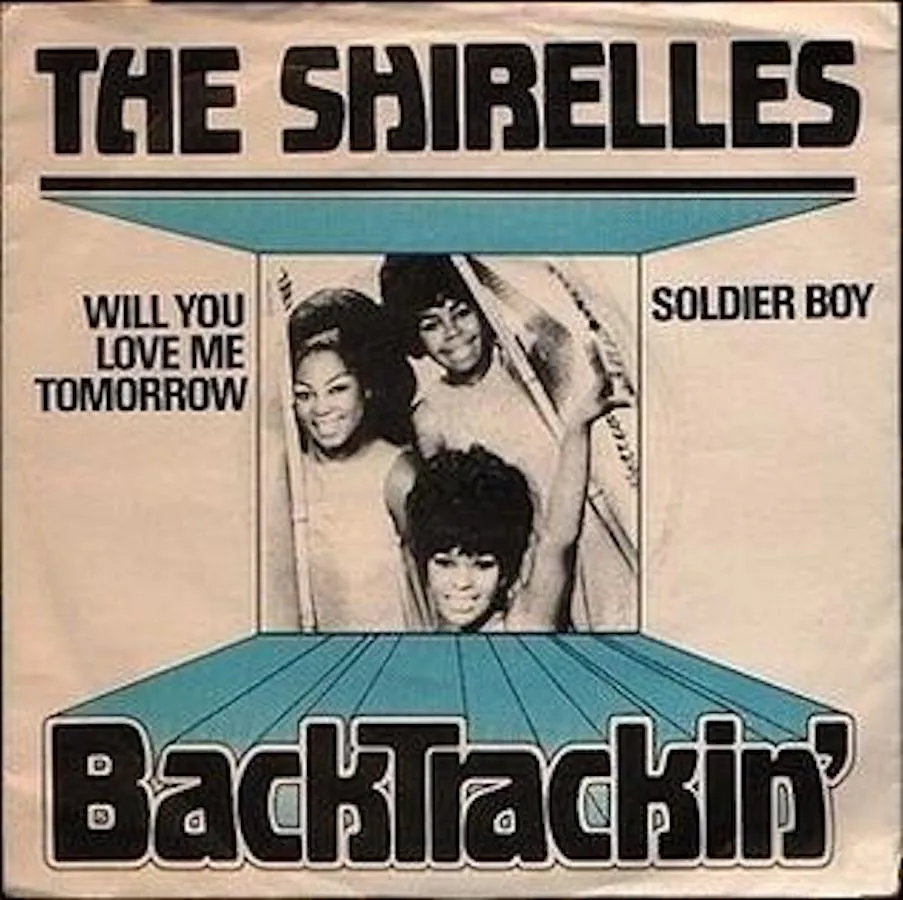
“Will You Love Me Tomorrow”, written by the legendary team of Carole King and Gerry Goffin, was a huge hit for The Shirelles. However, the song also earned its fair share of controversy given the lyrical implication of a one-night stand, which was taboo at the time.
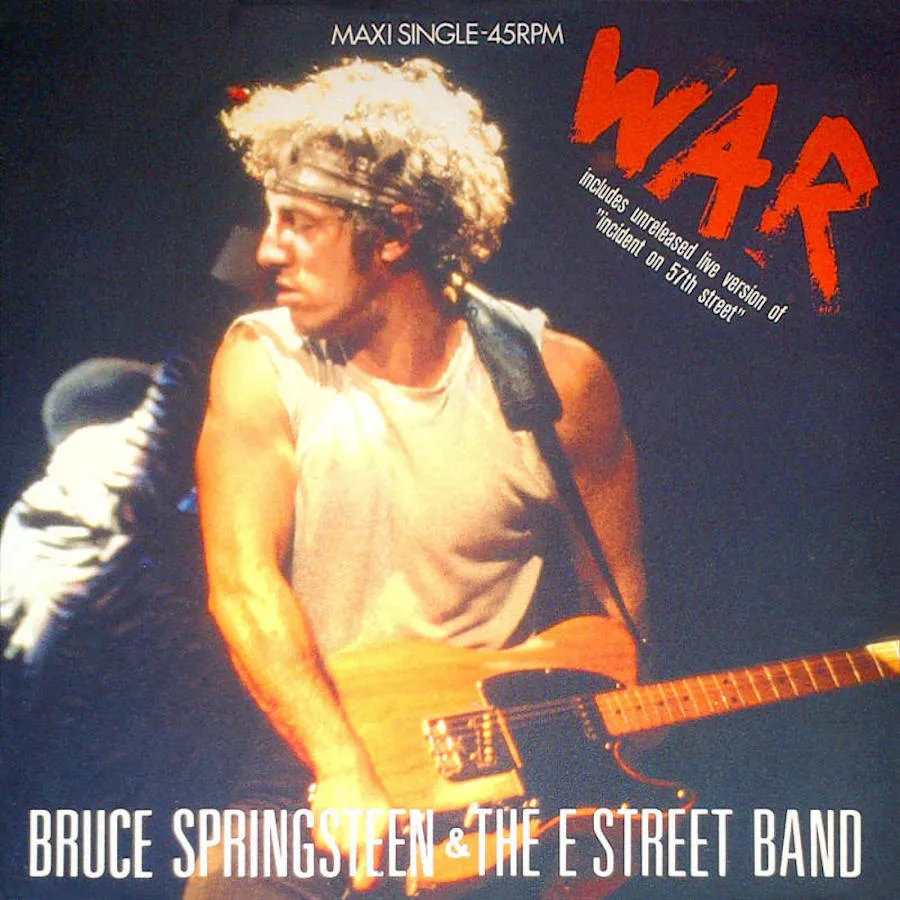
War, with is actually an anti-war anthem in both its original Edwin Star incarnation as well as a bombastic live cover by Bruce Springsteen. Both versions were banned on the radio during both the Gulf War and the post-9/11 period.
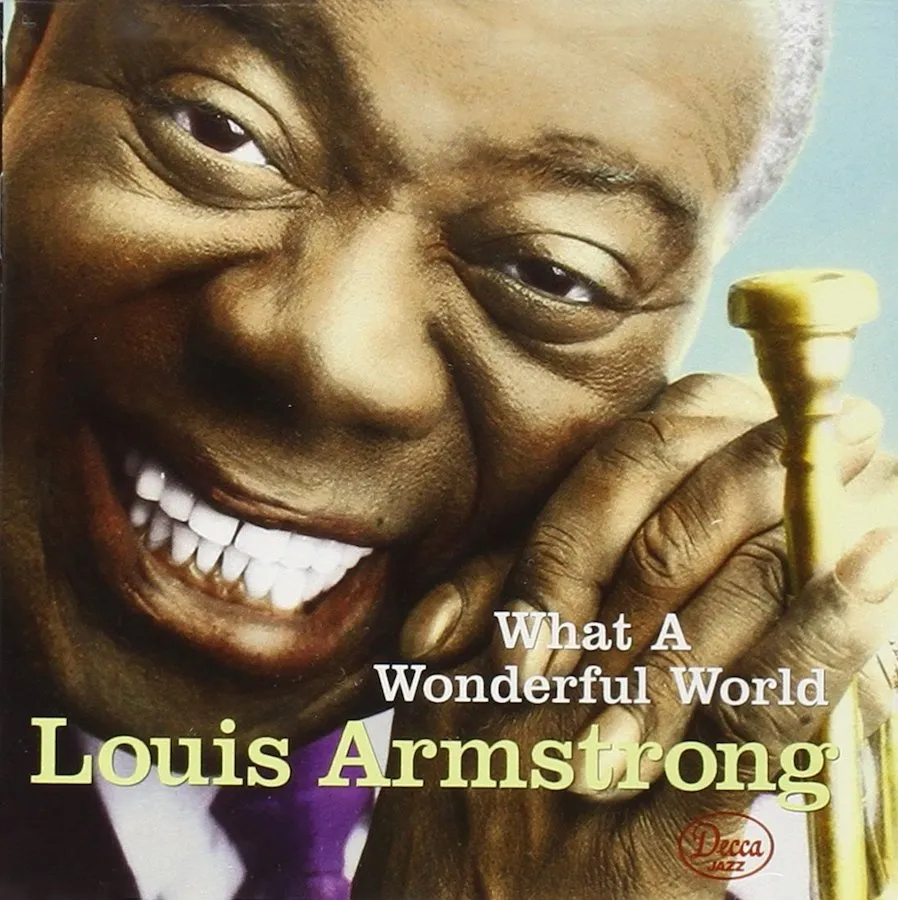
Advertisements
Louis Armstrong’s iconic “What a Wonderful World” was included on Clear Channel’s post-9/11-banned list because the song was too happy. On some level, the sentiment is understandable, but it’s also a sad testament to the state of the world.



